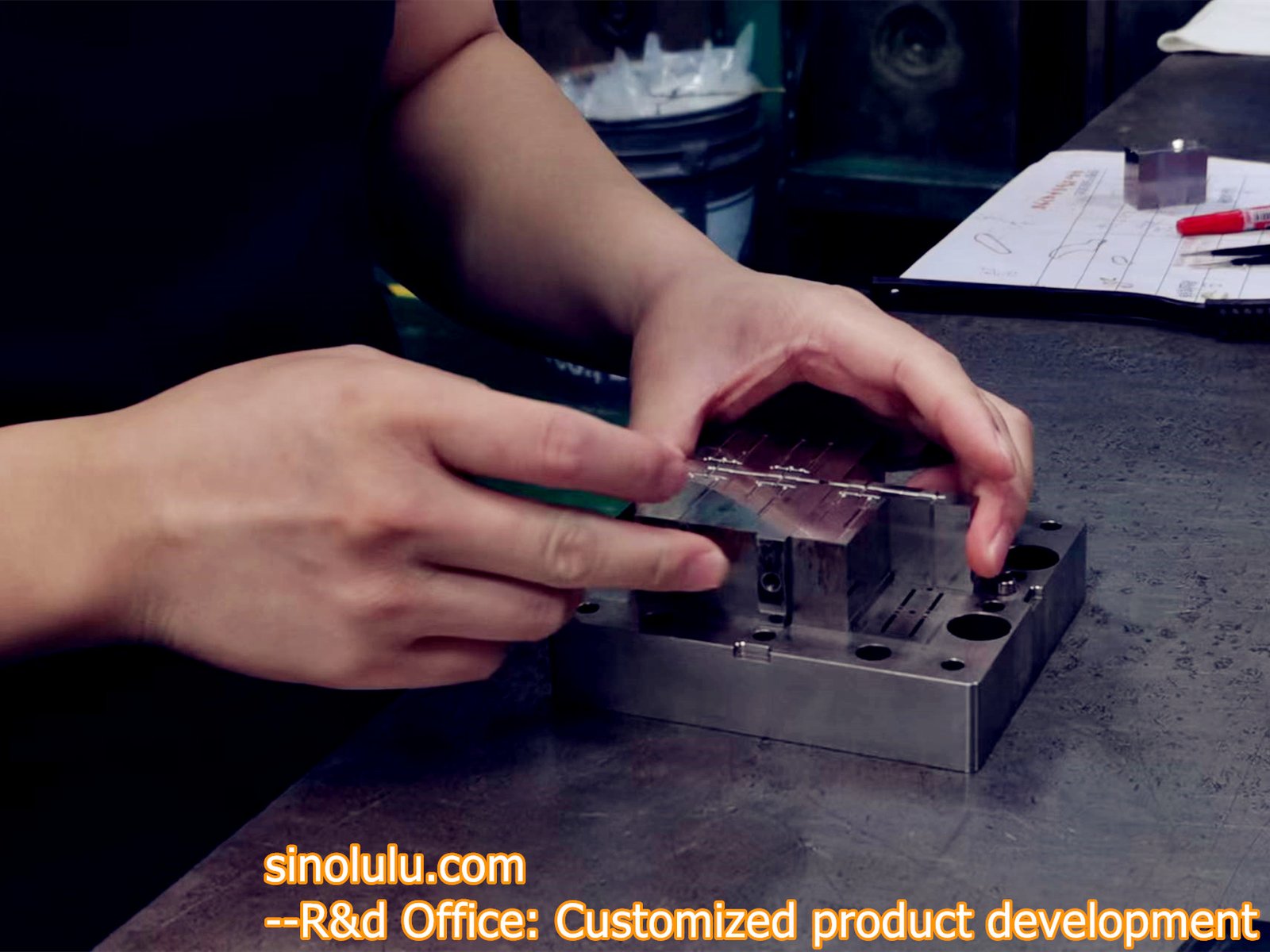Requirements for Creating High-Quality, Durable Precision Plastic Molds
Our FPC connectors have a pitch of 0.3mm, which demands high precision in mold making. Since 1994, we have been specializing in precision plastic molds. To achieve the necessary precision and durability, what aspects must a qualified and durable precision plastic mold address?
Our FPC connectors feature a 0.3mm pitch, requiring extremely high precision in mold manufacturing. Since 1994, we have been specializing in producing precision plastic molds. To ensure that a mold is both precise and durable, it must meet several key criteria:
- Material Selection:
- Use high-grade tool steel, such as P20, H13, or stainless steel, for mold bases and cavities.
- Apply surface treatments like nitriding or PVD coatings for enhanced wear resistance.
- Design Precision:
- Utilize advanced CAD/CAM software for accurate mold design.
- Maintain tight tolerances during the design phase.
- Machining Accuracy:
- Employ high-precision CNC machines for mold fabrication.
- Use EDM for creating complex geometries and fine details in the mold cavities.
- Quality Control:
- Perform dimensional inspections using tools like CMM.
- Ensure smooth and defect-free mold surfaces.
- Cooling System Design:
- Design efficient cooling channels to maintain uniform mold temperatures.
- Conduct thermal analysis to optimize the cooling system.
- Mold Assembly and Testing:
- Assemble mold components with high precision.
- Conduct trial runs and make necessary adjustments.
- Maintenance and Longevity:
- Implement a regular maintenance schedule.
- Properly lubricate and handle molds to extend their lifespan.
- Documentation and Process Control:
- Maintain detailed records of mold design and machining parameters.
- Implement strict process control measures during molding operations.
By adhering to these principles, you can ensure that your molds produce high-quality parts consistently and have a long operational life.


